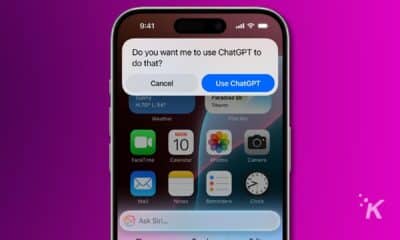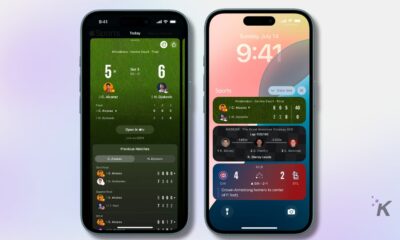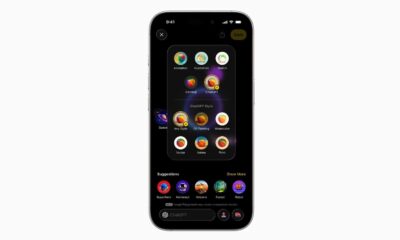Apple
iPhone 14 is eSIM only in the US – here’s why that’s terrible
Carriers gonna have this on lock, literally.
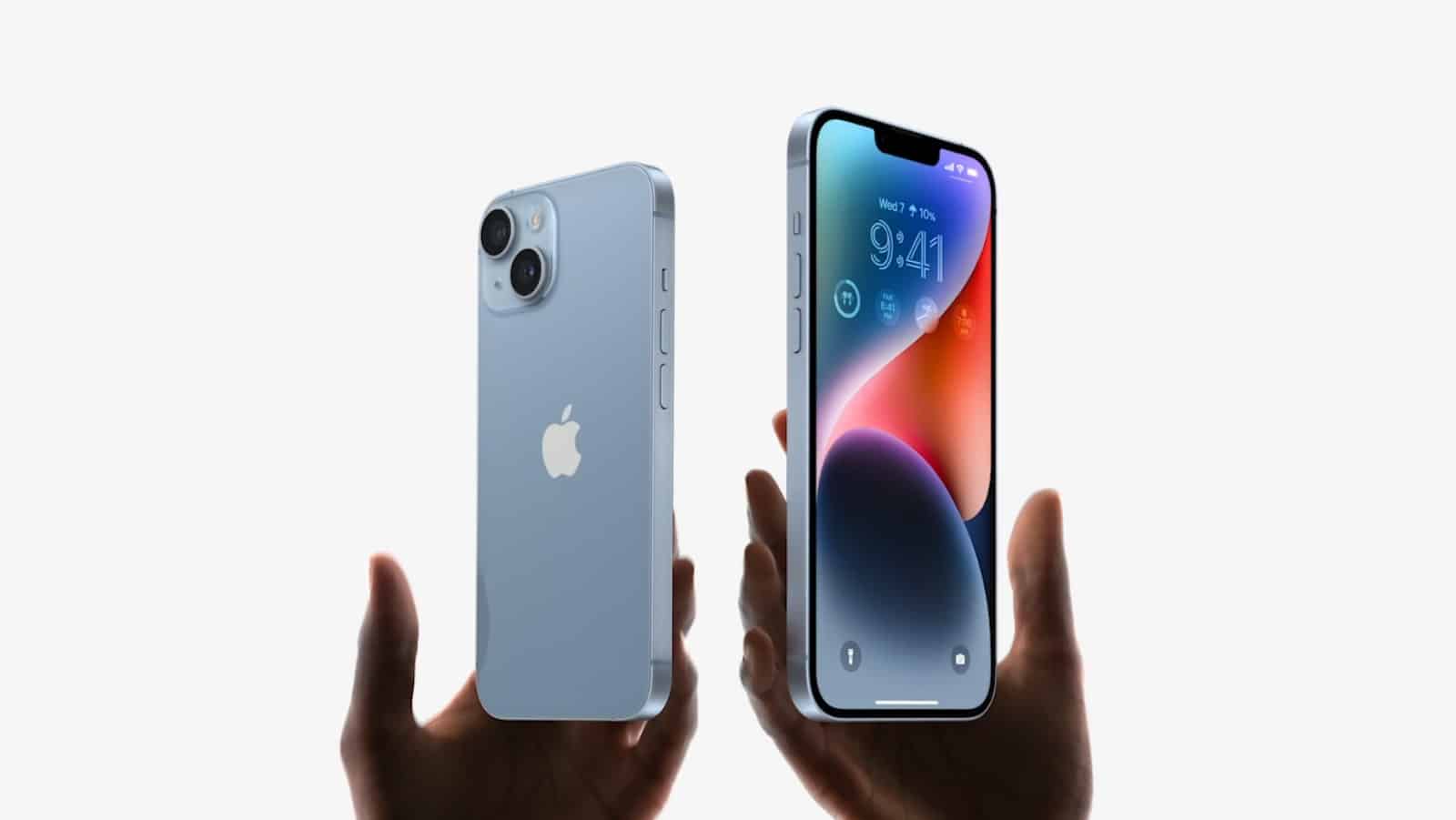
Just a heads up, if you buy something through our links, we may get a small share of the sale. It’s one of the ways we keep the lights on here. Click here for more.
Apple unveiled the iPhone 14 on Wednesday, and the US-bound versions came with a surprise. Apple isn’t shipping them with a physical SIM slot, opting for eSIM only.
That means even swapping to your shiny new iPhone 14 won’t be a simple process. You can’t pop your SIM card out of your old phone and insert it into your new one. You’ll likely need to talk to your carrier, to figure out what method they use.
Some, like T-Mobile, make the process simple. You download their app onto your iPhone 14, sign in, and it’ll walk you through installing the eSIM. Google Fi has a very similar sign-up process.
READ MORE: Is the iPhone 14 worth buying? Here’s what the reviews say
That’s not always the case. Verizon needs you to call support or visit a store, according to one aggrieved Reddit user. US carriers have always made it difficult to do things like switch phones or providers.
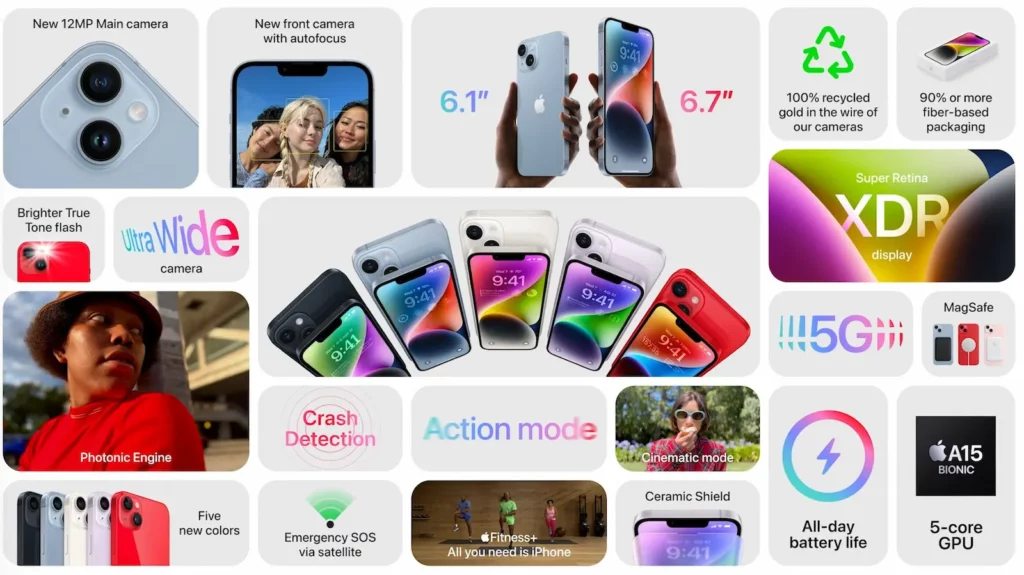
Some of the carriers even tried to hinder eSIM adoption, which lead to an anti-trust investigation in 2018. At the time, GSMA, Verizon, and AT&T were the targets of the Department of Justice, who alleged potential collusion.
The reason? The GSMA trade association included a way to lock the eSIM to a particular network.
Yeah, a new version of carrier locks. The same ones that the Federal Communications Commission (FCC) forced the carriers to unlock when a customer asks.
The question is: Did the carriers influence Apple’s decision not to put a physical SIM card tray in the iPhone 14? If so, that could set them up for another anti-trust lawsuit.
It might not be the case, however. Previous Apple CEO, the late Steve Jobs, didn’t want a SIM tray on the iPhone before the first model was launched.
It’s good that the engineering team changed his mind, as Verizon was the only CDMA carrier then, which would have severely limited Apple’s target market.
Have any thoughts on this? Carry the discussion over to our Twitter or Facebook.
Editors’ Recommendations:
- iPhone 14 Pro’s 48-megapixel photos will take up tons of storage
- Instead of adding RCS, Tim Cook wants you to buy more iPhones
- Jeep aims for four new EVs by 2025
















